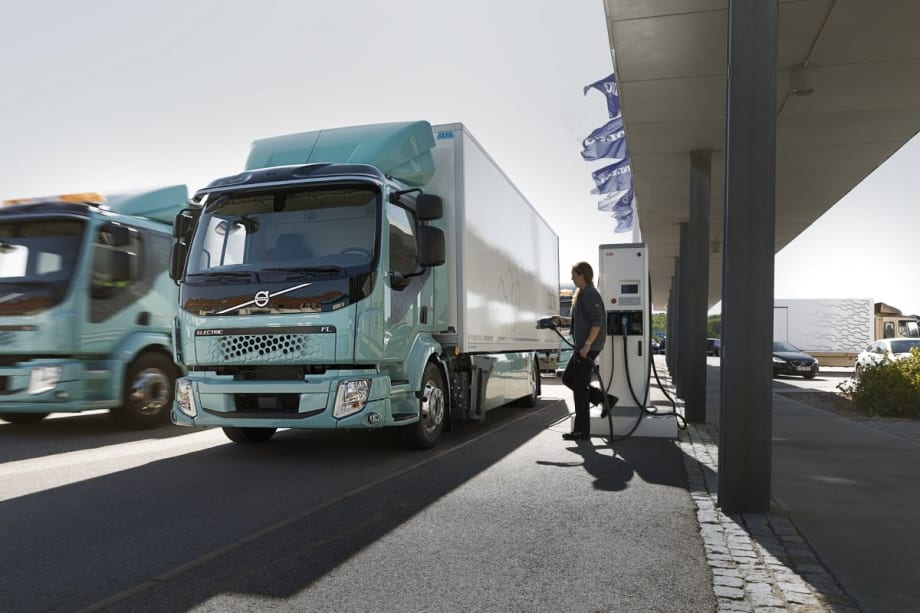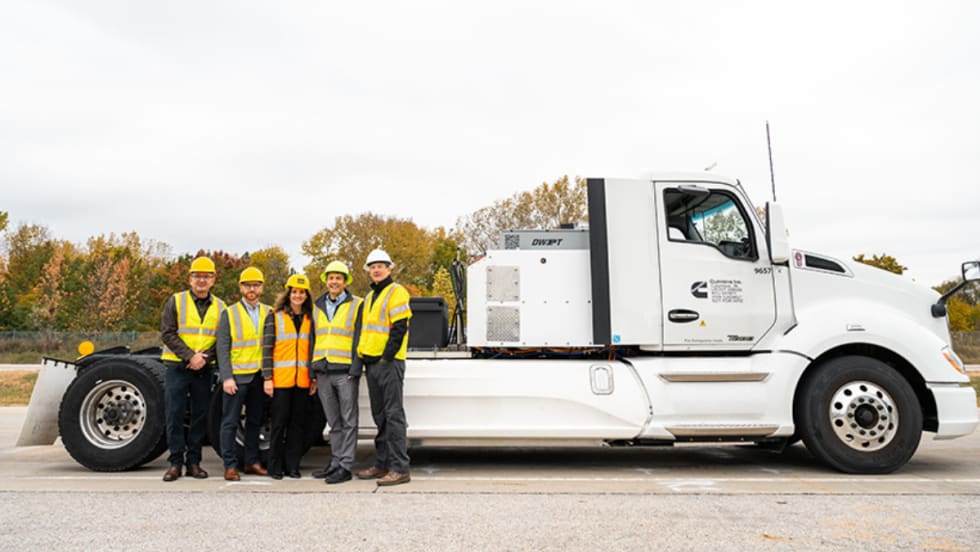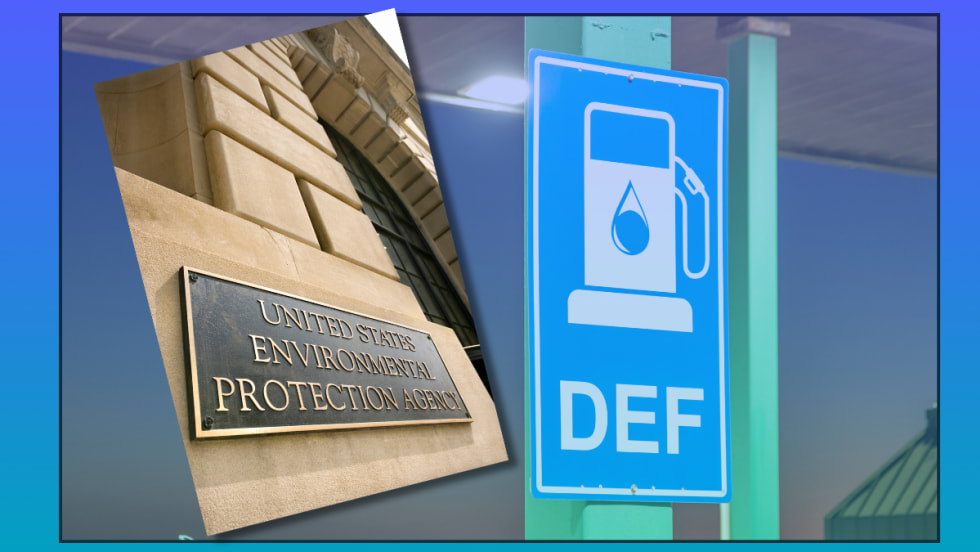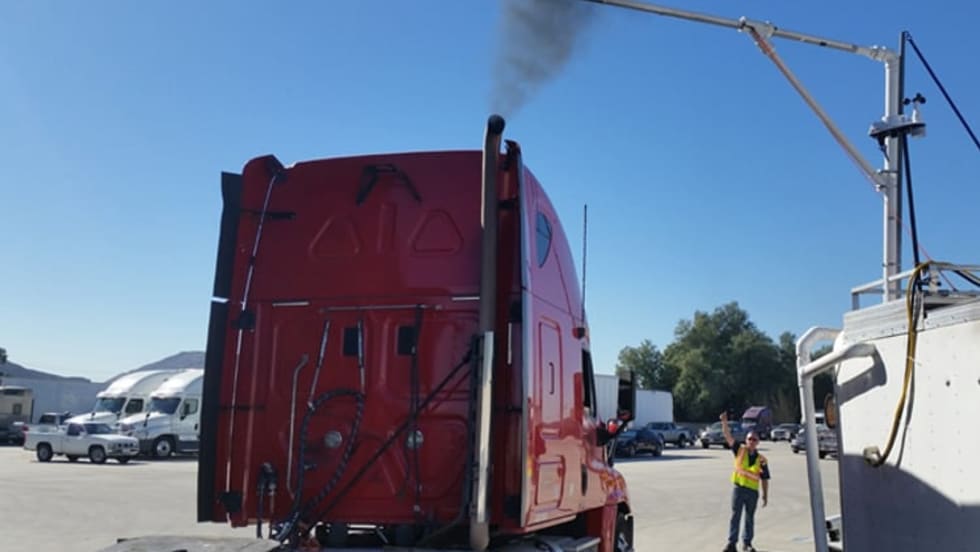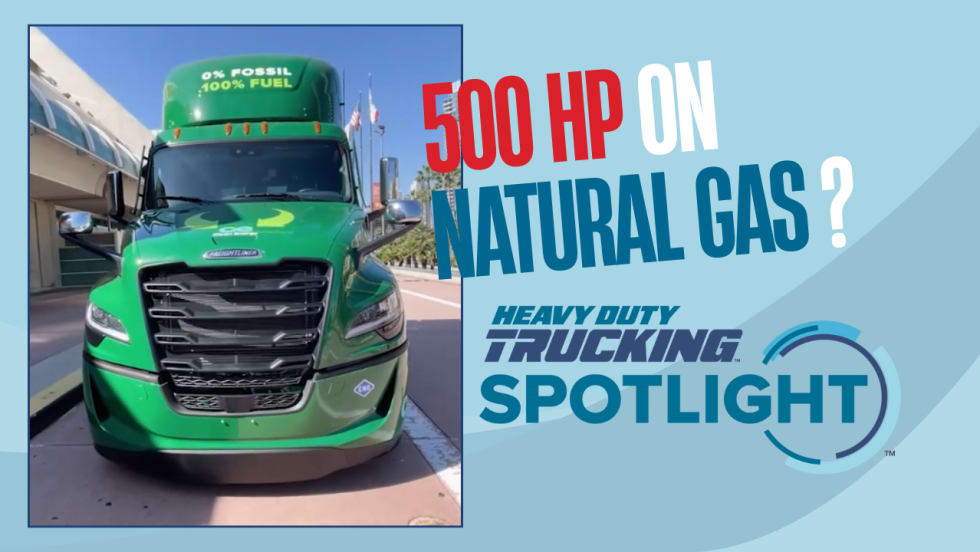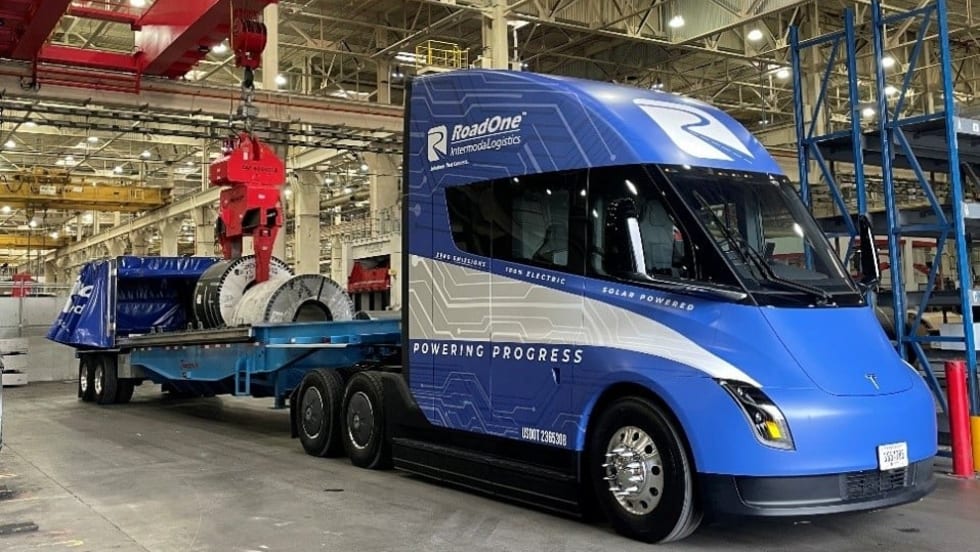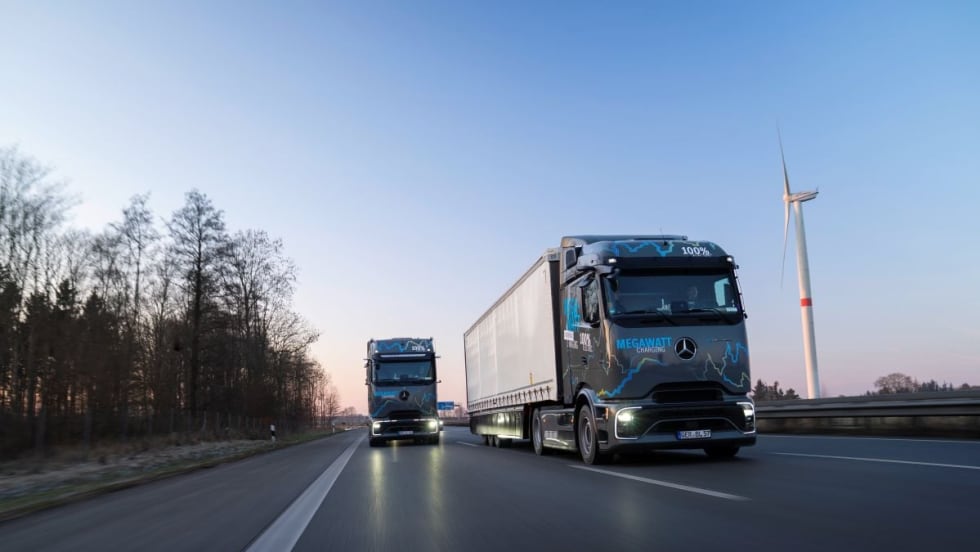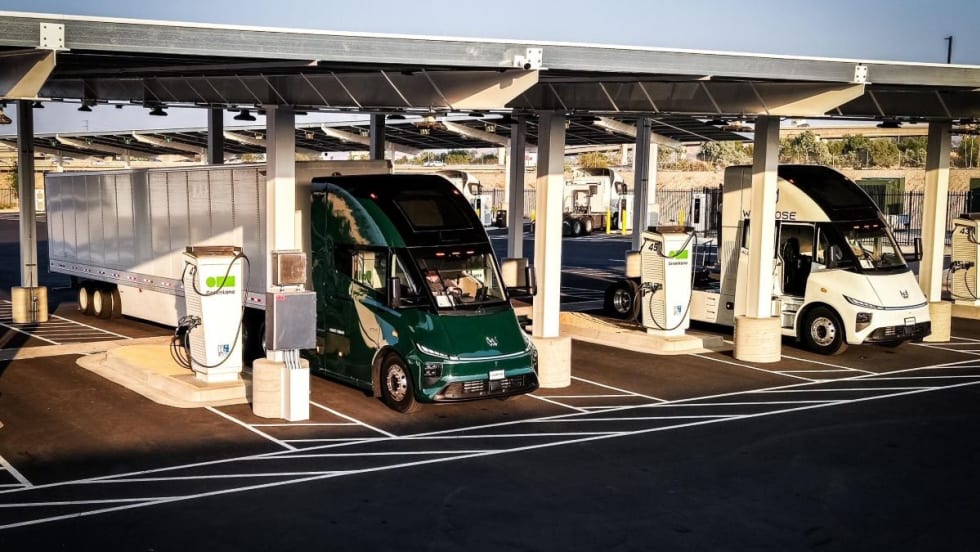Volvo Trucks has started selling its Volvo FL and Volvo FE electric trucks within select markets within Europe, the company announced.
The Volvo FL Electric and Volvo FE Electric were developed in collaboration with selected customers operating in Gothenburg, Sweden, for use in the distribution, refuse, and other urban transport markets. Initial sales of the trucks will start in Sweden, Norway, Germany, Switzerland, France, and the Netherlands.
“Global urbanization requires urban logistics and truck transport with zero emissions and less noise with increasing urgency,” said Jonas Odermalm, vice president of product line electromobility at Volvo Trucks, in a press release. “With the Volvo FL Electric and Volvo FE Electric, we are able to meet both the strong environmental demands as well as the high commercial requirements of our customers.”
Volvo said feedback on the electric trucks has been positive, with drivers noting the responsive driveline, acceleration, and quietness of the vehicles.
“While customer feedback has been positive, we do recognize that charging infrastructure is still under development in most cities, and we are working alongside both public and private partners to agree on a long-term strategy for the expansion of charging infrastructure,” said Odermalm. “But it’s clear that the pace of development of charging infrastructure needs to increase.”
As Volvo continues to develop electric vehicles, the company noted that it has been a challenge to balance payload capabilities with driving range.
The company sees the quiet, emission-less vehicles potentially creating new opportunities for city planning and road infrastructure. For example, an electric truck could be used for indoor loading areas where a traditional combustion-engine-powered vehicle could not.
Series production of the Volvo FL and Volvo FE is slated for March 2020.
“Electric vehicles, charged with electricity from renewable sources, are indeed a powerful step towards more sustainable city distribution,” said Odermalm. “However, there will not be one singular energy source that addresses climate change and all other environmental issues. Different types of transport require different types of driveline solutions.”




